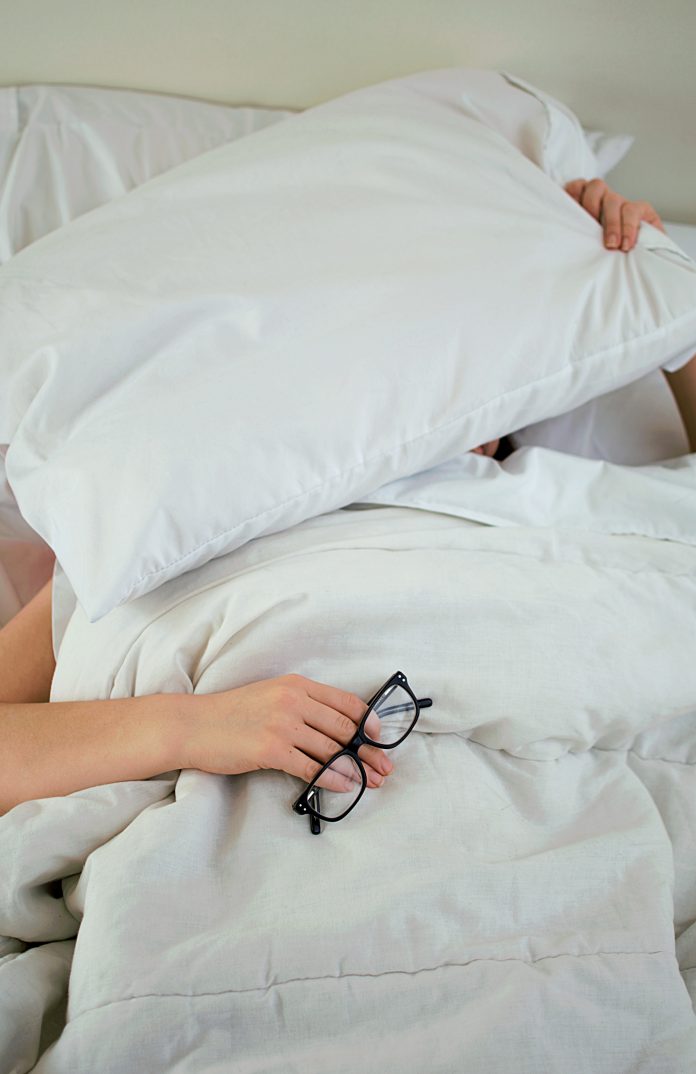Older adults need healthy sleep to boost cognitive function, increase their ability to perform daily life activities, reduce fall risk, and boost mental well-being, according to a study published in the US National Library of Medicine. Unfortunately, sleep disorders are more prevalent in older adults than any other age group, with more than 50 percent of them suffering from one or more sleep disorders. But, getting older is not necessarily a sentence to poor sleep for the rest of your life. While you might not be able to change how your natural sleep tendencies and rhythms have shifted with age, there are many things you can do to limit sleep disruptors and improve your sleep quality.
Create a better sleeping environment
You need to ensure that your sleeping environment encourages you to sleep and keeps any kind of disturbance out. First of all, invest in a comfortable bed and always keep your bedding clean. Make sure that your bedroom is quiet, dark, and cool at all times. As you grow older, you become more sensitive to noise, heat, and light which can all cause sleeping problems. If you must, you can use a sleeping mask, earplugs, or a white noise machine to keep distractions out. Try to limit artificial lights at night as they can reduce the production of melatonin, the hormone that makes you feel sleepy. Use your bedroom for sleep and sex only; your bedroom needs to be a sleep haven, not a place to work in, watch TV, or browse the internet.
Seek medical treatment for sleep disorders
If you are suffering from any type of sleep disorder, the best way to regain your sleep quality is by seeking treatment from a doctor. The first step is seeking a diagnosis then based on the type of sleep disorder you are suffering from, you will know the type of treatment needed and the type of health professional to get it from. For example, some of the common sleep disorders in seniors include mouth breathing, where sleep difficulties can occur as a result of insufficient oxygen delivery to the lungs, or teeth grinding that can cause you to wake regularly. These disorders can be treated with the help of a surgeon and orthodontist. Other sleep disorders include sleep apnea, narcolepsy, hypersomnia, and sleepwalking.
Use exercise to overcome sleep problems
Exercise, particularly aerobic activity, boosts the release of chemicals in the body that promote better sleep quality. Even if you are dealing with mobility issues, there are various types of exercise you can do to set yourself up for better sleep. If you are still in good shape, running or cycling are excellent exercises to keep you healthy and make you tired enough for a good night’s sleep. Swimming and other types of water exercises can also improve the quality and quantity of your sleep. However, make sure you consult your doctor before engaging in any kind of exercise.
Sleep is like fuel to your aging body; if you don’t get enough quality sleep, many parts of your body will not function properly and you will be setting yourself up for a breakdown. To prevent this, do what needs to be done to ensure that you always get the recommended sleep quality and quantity to keep your mind and body strong and healthy for longer.
Image Credit






















